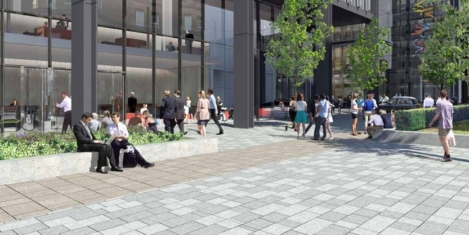November 16, 2016
Two thirds of female professionals’ jobs downgraded after career break 0
 A lack of flexible roles means that two thirds of professional women who return to work after a career break, work fewer hours than they prefer or go into lower-skilled or lower-paid roles, claims new research by PwC, in conjunction with Women Returners and 30% Club. 427,000 UK female professionals are currently estimated to be on a career break and likely to return to the workforce in the future. Of those, three in five (249,000) are likely to enter lower-skilled roles when they return to work. This has serious implications for earnings as this downgrading is associated with an immediate 12-32 percent reduction in hourly earnings, depending on whether the woman remains with the same employer. A further 29,000 women returning to part-time work would prefer to work longer hours but are unable to due to a lack of flexible roles. Altogether, two-thirds of (or around 278,000) women could be working below their potential when they return to the workforce.
A lack of flexible roles means that two thirds of professional women who return to work after a career break, work fewer hours than they prefer or go into lower-skilled or lower-paid roles, claims new research by PwC, in conjunction with Women Returners and 30% Club. 427,000 UK female professionals are currently estimated to be on a career break and likely to return to the workforce in the future. Of those, three in five (249,000) are likely to enter lower-skilled roles when they return to work. This has serious implications for earnings as this downgrading is associated with an immediate 12-32 percent reduction in hourly earnings, depending on whether the woman remains with the same employer. A further 29,000 women returning to part-time work would prefer to work longer hours but are unable to due to a lack of flexible roles. Altogether, two-thirds of (or around 278,000) women could be working below their potential when they return to the workforce.

































